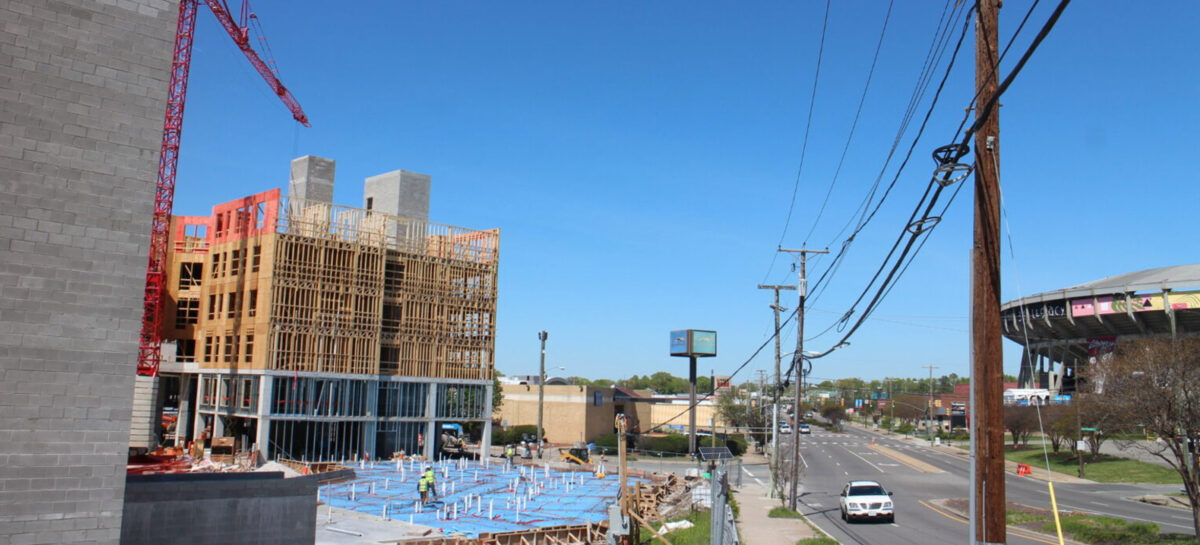Press Releases

‘Hot, Scary And Exciting’: A Top HUD Developer On The State Of Multifamily

May 3, 2022
It has been a wild few years for the multifamily market. Despite fears that the pandemic would disrupt demand, the market experienced an unexpected resurgence in 2021, and experts are expecting this positive trend to continue well into 2022, with vacancy rates staying flat and rent growth remaining strong.
“I would say the multifamily market is hot, scary and exciting all at once,” said Dwight Dunton, founder and CEO of Bonaventure, an integrated alternative asset manager specializing in design, property management and investment management of multifamily properties. “You’ve got renters who seem to be coming out of the woodwork in certain markets. You’ve also got investors targeting the market who are increasing their allocations or are brand new to it, and that creates excitement.”
Bonaventure has completed over $2.25B in transactions, $500B in housing and urban development loans and manages 5,848 units nationwide. Bisnow sat down with Dunton to get his thoughts on the state of this exciting, scary market, where he thinks demand is heading and what Bonaventure’s plans are for the future.
Bisnow: Can you say more about the state of the multifamily market? What about it is “scary”?
Dunton: There’s a ton of activity throughout every part of the food chain from the activities at the property all the way through the operations and marketing, design, construction and land acquisitions. This is exciting, but it’s also scary, because what has historically been a slow and steady market is experiencing an amplification that no one’s ever seen before. At the same time, wage inflation is happening, products and services are in short supply, and on the construction side of the market, you’ve got real labor and materials shortages.
Additionally, interest rates are accelerating ahead in a historic fashion, albeit from a very low point. And municipalities are still backlogged, trying to keep up with the things that they need to do to support their existing multifamily stock or the creation of additional housing.
Bisnow: What are some of the biggest challenges the market is facing?
Dunton: In many markets, there’s a palpable housing shortage, which is resulting in rents that are climbing at pretty unprecedented rates. And so the market has been challenged to meet the demand of consumers who now find themselves exposed to significantly higher rental rates than they were in the past. From the capital market side, with the rise in interest rates, it’s become harder to finance transactions, which is creating uncertainty in the financial markets around what cap rates are going to be in the future.
On the construction side, the challenge is the availability of materials and labor to actually get buildings built. I heard someone say that the difference between building apartments versus a housing community is that building 300 homes is really a series of very short sprints — start a house, you can be done in 60 or 90 days — whereas building an apartment community is like planning a marathon that is going to last for two years. We’re having to make commitments today while guessing what the materials and labor markets will be two years from now. This was hard during very calm markets. Now we’ve got this in a very, very choppy sea, where there’s lots of volatility, and that’s making it even harder to predict where things will be.

Barry H. Bass Named CFO of Apartment Investor Bonaventure

‘Undeniably the biggest challenge’: Richmond developers reckon with rising interest rates
